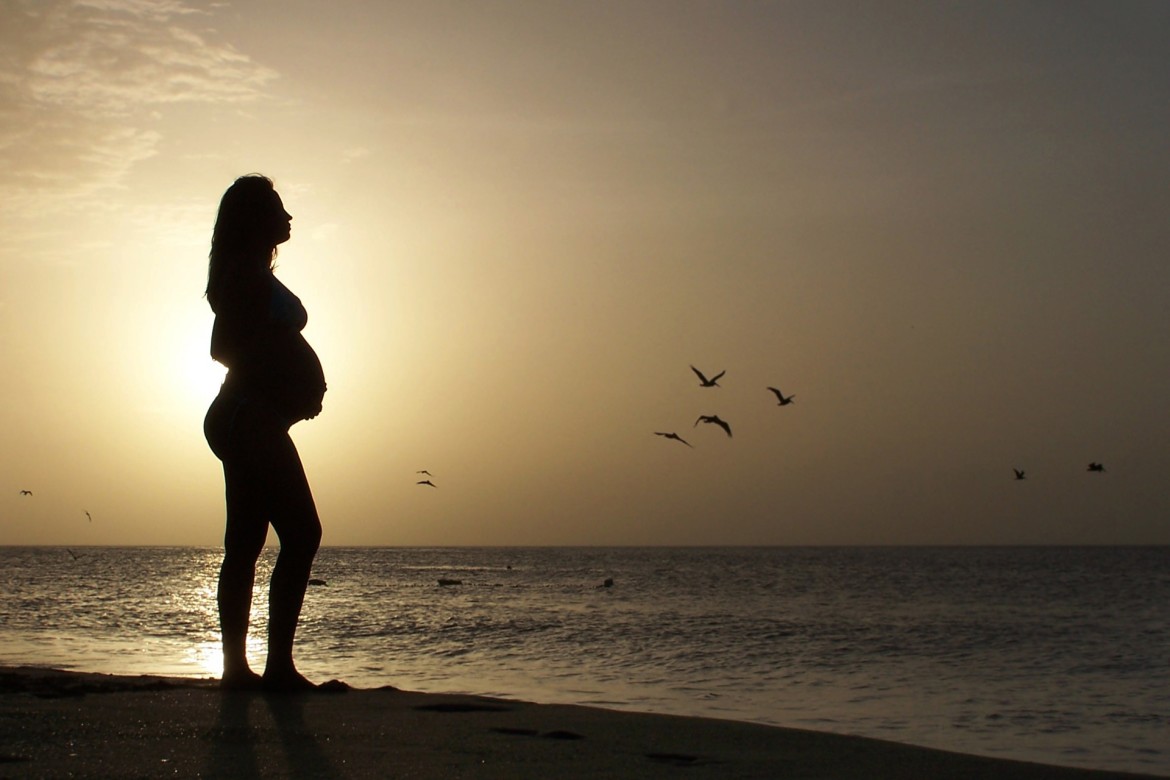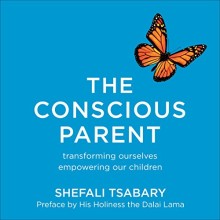Sleep before Birth
07 Jul, 2019Why we sleep by Matthew Walker has a whole chapter on Changes in sleep across lifespan - if you have the time i suggest you get his book and give it a go. If not, here is a quick summary on Sleep before Birth.
Before birth, a fetus spends most of its time in a sleep like state with REM sleep. Their tiny brains are developing and when they dream their beautiful REM dreams they may move and kick in the tummy because their brains have not yet developed enough to stop their muscles moving in response to their dream activity, like ours do.
By about 23 weeks of pregnancy, they have the brain function to have nonREM and REM sleep but haven’t quite got it perfect yet so they don’t have the paralysis of nREM but still move and kick. In a 24 hour day they may have 6 hours of NREM and six hours of REM and 12 hours of drifting between the two in an inbetween state we are not sure about. Walker suggests that its only in the third trimester that they actually start waking up a little bit, adding up to 2 - 3 hours a day. The rest of that time is all in sleep, a lot of which is REM.
In this last trimester - their REM sleep increases as a proportion of total sleep.
2 weeks to D day the fetus will get almost 9 hours of REM sleep a day
1 week to D day the fetus will get 12 hours of REM sleep a day. This is the most REM they will ever get in a day.
Imagine your brain being so active and changing so much that you need all this beautiful REM sleep to grow synapses in your brain and connect different areas so they all speak to each other. This last stage of the fetus’ development is so important that it needs all the REM sleep it can get!
Compare this with adults whose brains are developed who get about 20 - 25% REM sleep a night so in an 8 hour sleep maybe 2 hours.
When a fetus's brain is going crazy looking like a stormy sky with lighting with all this electrical activity shooting fireworks this is called synaptogenesis - millions of synapses and pathways are formed between neurons in the brain allowing it to continue developing after birth. Because it does continue developing past birth and babies continue to need all the REM they can get!
What happens if a fetus doesn’t get this REM sleep? Depriving infant rats of sleep resulted in underdeveloped brains. Imagine the same on human babies.
A link has been made between lack of REM sleep and Autism Spectrum disorder. Although we dont know exactly what causes autism, scientists have found that children who show signs of autism or have autism do not have normal sleep. They have weaker circadian rhythms with much less REM sleep (30 - 50% less) and less variation in melatonin across the day rather than the high peaks and troughs we see in non autistic children. This means that the total sleep they get is less than non-autistic children.
At this point we are not sure whether its just correlation or causation - does the lack of REM sleep cause autism or does the autism cause poor REM sleep or are they two just a coincidence?
We do know though that REM is related to the development of neural pathways and brain development and if this does not take place its easy to see how it may impact social behaviour with symptoms much like autism.
This doesn’t mean that if your child does not get enough REM sleep they will develop autism. What it means is that we need to be mindful of the fact that REM is incredibly important for fetal development before and after birth and as parents, we should do everything in our power to make sure our fetus gets the REM sleep it needs for its development.
Research
Why we sleep by Matthew Walker
Rapid Eye movement sleep percentage in children with autism compared with children with developmental delay and typical development https://www.ncbi.nlm.nih.gov/pubmed/21041596
Effects of neonatally administred iprindole on adult behaviours of rats https://www.ncbi.nlm.nih.gov/pubmed/8870052
Cover Image by Manuel Alejandro Leon
Get The Best Of Sleepy Roo Delivered To Your Inbox
Subscribe to my newsletter and get the latest info on baby sleep! You can unsubscribe at any time.



